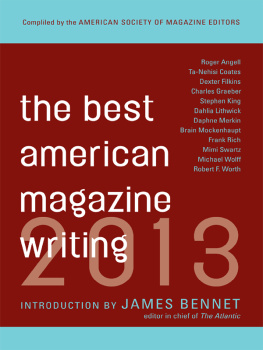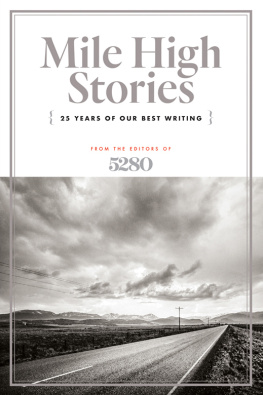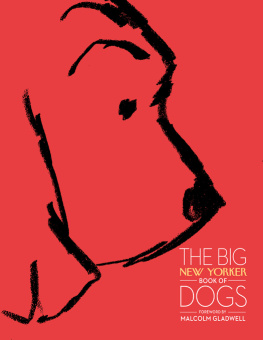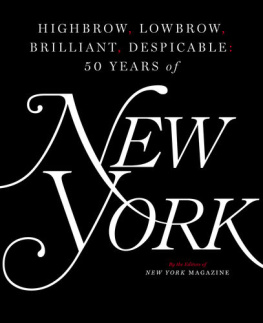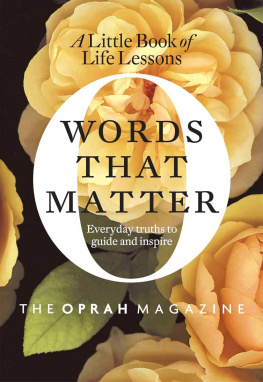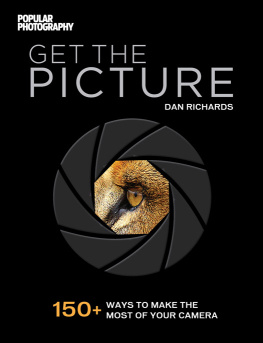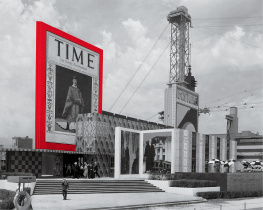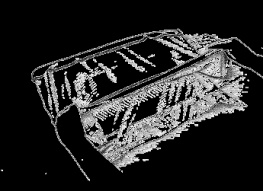THE BEST AMERICAN MAGAZINE WRITING
2013
THE BEST AMERICAN MAGAZINE WRITING 2013 |
Compiled by the American Society of Magazine Editors |
Columbia University Press
New York |
Columbia University Press
Publishers Since 1893
New York Chichester, West Sussex
cup.columbia.edu
Copyright 2013 Columbia University Press
All rights reserved
E-ISBN 978-0-231-53706-3
Library of Congress Cataloging-in-Publication Data
ISSN 1541-0978
ISBN 978-0231-16225-8 (pbk.)
A Columbia University Press E-book.
CUP would be pleased to hear about your reading experience with this e-book at .
Cover Design: Catherine Casalino
References to websites (URLs) were accurate at the time of writing. Neither the author nor Columbia University Press is responsible for URLs that may have expired or changed since the manuscript was prepared.
Contents
I have had it with long-form journalism. By which I meandont get me wrongIm fed up with the term long-form itself, a label that the people who create and sell magazines now invariably, and rather solemnly, apply to the work you will find in these pages. Reader, do you feel enticed to read a story by the distinction that it is long? Or does your heart not sink just a little? Would you feel drawn to a movie or a book simply because it is long? (Ooohyou should really read Moby-Dickits super long.) Editors presumably care about words as much as anyone, so it is particularly mysterious that they would choose to promote their work by ballyhooing one of its less inherently appealing attributes. Do we call certain desserts solid-fat-form food or do we call them cakes and pies? Is baseball a long-form sport? Okay, surebut would Major League Baseball ever promote it as that?
This choice of words matters, I think, not only because of the false note it sounds about stories like these but also because of the message it sends to the world about magazines ambitions these days. The term long-form has come to stand for magazine journalism during the same periodover the past twenty years, and particularly the past tenthat magazines have had, as the politicians say, some challenges. I think this wrong turn in our taxonomy is a sign of, and may even contribute to, the continuing commercial upheaval and crisis in confidence. The story of the transition from an industry that was within memory so exuberant and ambitiousso grandiose, really, in its conception of its cultural and societal rolethat it could declare itself to be inventing a New Journalism, to an industry wringing its hands over preserving something called long-form journalism, does not sound like a long-form story with a happy ending. It certainly doesnt sound like one Id want read, much less live through. New Journalism is a stirring promise to the wider world; long-form is the mumbled incantation of a decaying priesthood.
And, in the digital age, making a virtue of mere length sends the wrong message to writers as well as readers. For when you dont have to print words on pages and then bundle the pages together and stick postage stamps on the result, you slip some of the constraints that have enforced excellence (and provided polite excuses for editors to trim fat) since Johannes Gutenberg began printing books. You no longer have to make that agonizing choice of the best example from among three or fouryou can freely use them all. More adjectives? Why not? As a magazine writer, I used to complain that my editors would cut out all my great color, just to make the story fit; as an editor, I now realize that, yes, they had to make my stories fit and, no, that color wasnt so great. The editors were working to preserve the stuff that would make the story go, to make sure the story earned every incremental word, in service to the reader. Long-form, on the Web, is in danger of meaning merely a lot of words.
This is a particularly ripe moment to rethink our terminology because deeply reported narrative and essayistic journalism is suddenly all the rage. Far from fading away, it shows signs of an energy and imagination not seen since the heyday of New Journalism. This was the year that the sports department of the New York Times pulled off the most digitally ambitious accomplishment in feature journalism, Snow Fall, a narrative of skiers buried in an avalanche that was told through the layering of words, video, and graphics. The story brought in countless readers and a Pulitzer Prize. (Actually, you can count the readersthe Times said Snowfall generated 3.5 million page views in one week alone.) This was also the year that digital upstarts like Buzzfeed and The Verge turned to long-form editors to create big features, and produced compelling work. Heralding a coming renaissance of long-form journalism, the twitchy news site Politico hired away the editor in chief of Foreign Policy magazine to commission writerly, deeply reported stories. High-impact, magazine-style journalism is not a throwback to the past, Politicos editors declared in a memo that should chasten the hand-wringers. It is a genre that is even more essential in todays hyperkinetic news environment. It is a style of reporting and a mindset about illuminating what matters most that has a brilliant future.
Is this just a fad, maybe even a fraud? Cynics would say that publishing a few big feature stories is a shortcut to respectability, and theyd be correct. But realists, Im happy to say, would comment further that such features work: they draw in a lot of readers. As social networks of human beings displace search algorithms, digital editors are discovering that not just headlines but overall quality matters more and more, whether a story is short or long. If you hope to entice a real person to pass your story on to a friend, then reporting matters, writing matters, and design matters. As journalism and its distribution on the Web mature, the most meaningful distinction is turning out to be not short versus long but good versus bad.
All of which brings me, at last, to the journalistic triumph that is Brian Mockenhaupts feature The Living and the Dead, which appears in this volume. For a feature story, it is really, really long. But I defy you to find a wasted word among the 22,000 that Mockenhaupt assembled. Length here is not a virtue in itself; it is, like a notebook or a computer or curiosity, a writers tool, one that Mockenhaupt deploys, as he does the others, to maximum effect. As we follow a marine platoon on its rounds in Helmand province in southern Afghanistan, details accrete, characters deepen, drama builds. We witness, over time, the shocking and more subtle consequences of abrupt twists in the action. (This is why length is so important in baseball, too, by the way). Few magazines these days could afford to devote the many pages that Mockenhaupts story would have required. I say would have because this story was published by Byliner, a digital platform for what its creators have the wit to call quick reads.
Among the paradoxes of this era, when commercial travails are menacing the most costly forms of reporting, is that we have coincidentally produced maybe the greatest generation of war correspondents in the countrys history. You will encounter the work of several of them in this volume. It is instructive to read Mockenhaupts piece against Dexter Filkinss haunting memoir of war, Atonement, for the insights the comparison yields into storytelling technique and into the depth of experience these reporters have gained from so many years covering war. Mockenhaupt, an Iraq War veteran, vanishes into his story. His reporting is so precise, so knowing, that he never uses the first person to describe what he has witnessed. Filkins, by contrast, is central to his tale. Ten years ago he was there, in Baghdad, after Fox Company, Second Battalion, Twenty-Third Marine Regiment accidentally opened fire on a family fleeing a scene of fighting. Filkins chanced to meet the survivors, and he wrote about the family back then for the

